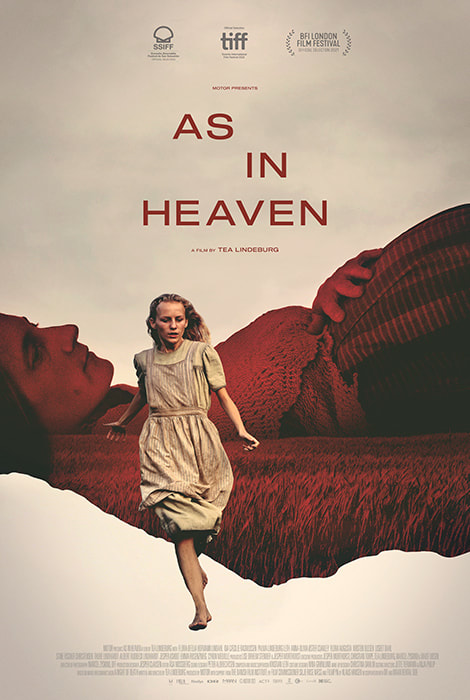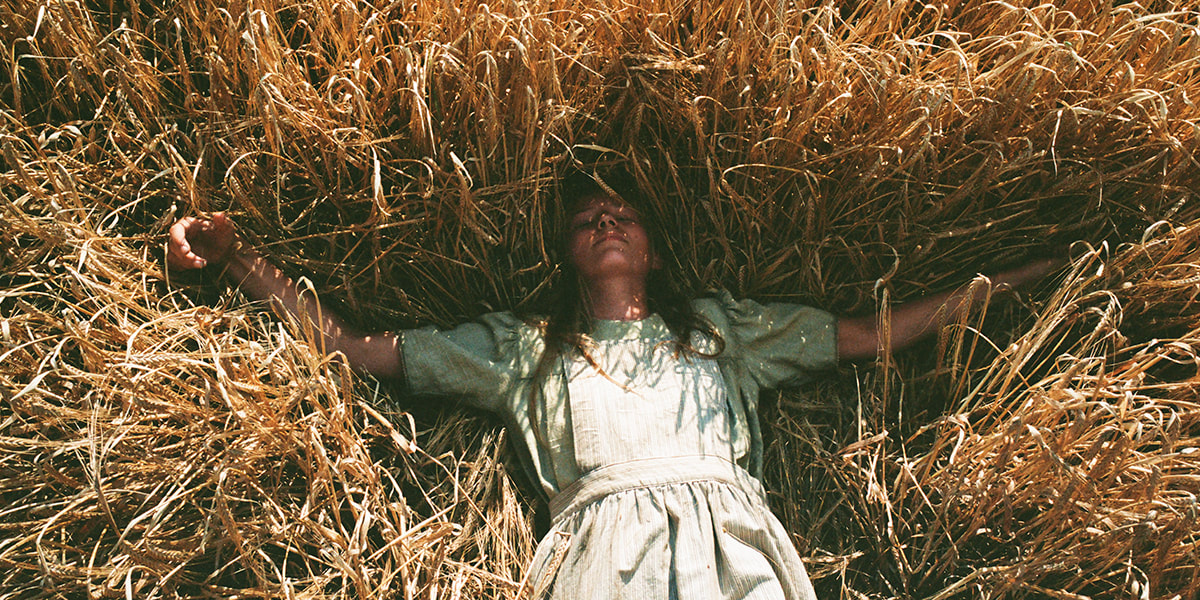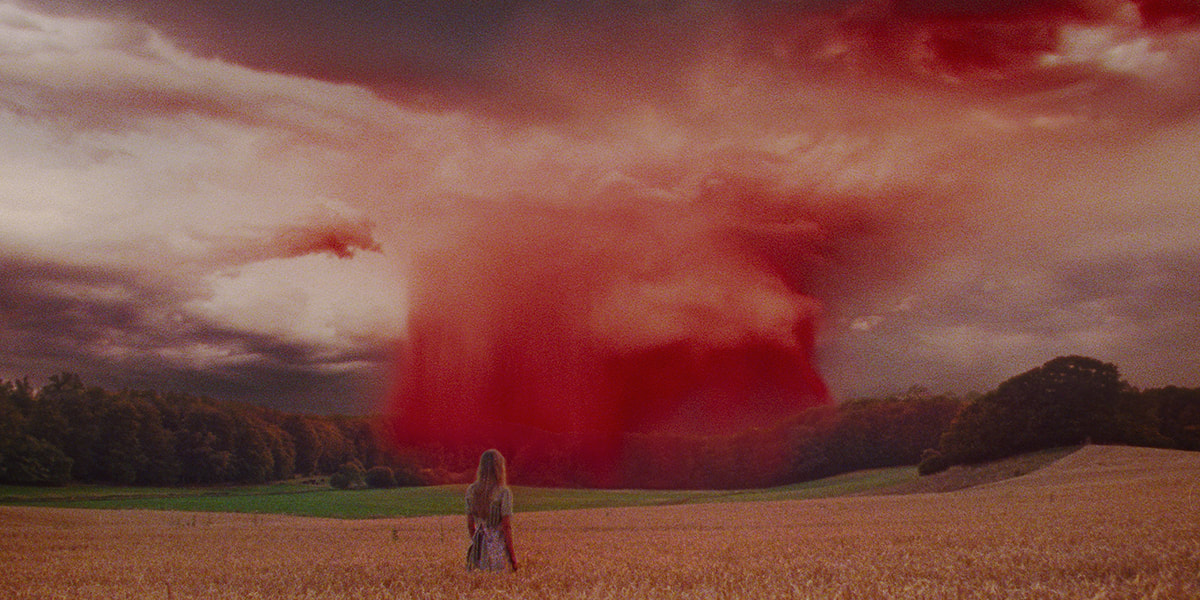|
Lise (Flora Ofelia Hofmann Lindahl) is a teenager living in rural Denmark with her big family. Their lives are full of laughter and love. Everything is clean and bright and Lise is about to embark on a wonderful adventure, leaving home to pursue her education. Her mother Anna (Ida Cæcilie Rasmussen) is enduring a difficult pregnancy and suddenly goes into an even more difficult labour. Surrounded by superstition, religion, and obligation, this one fateful night will seal the Lise’s future forever. The film’s tactile nature is immediately striking. We can almost feel the touch of the heads of wheat against fingertips in the sunshine, and the frustrated white-knuckle grasp of wool. This careful eye towards touch makes the film feel that much more close and immediate. One particularly painful and visceral moment is so much more affecting with this sensory response. The main family are not poverty-stricken and downtrodden. They are clean, happy, and well fed. The ultimate fate of Lise and her siblings therefore can’t be blamed on desperation but on societal norms and beliefs. These beliefs sit somewhere between a faith in god and superstition, with a heavy side order of guilt and shame. Lise is wracked with guilt over her past perceived transgressions and believes her mother is being punished by god because of them. But she also believes that if she could just find and return a certain object this would somehow trigger her mother’s healing. It suggests that religion can never really be pure, it will always be clouded by the fears, societal norms and superstitions of humans. It also makes us consider how rumours and lack of education can spiral into catastrophic events or overpowering turmoil. There are very few men in this film as it’s largely about women dealing with disaster. But their actions and choices don’t come from nowhere. They are in charge of this situation but they are still constrained by the context of a patriarchal and strictly religious society. We watch as Lise’s joyful and carefree nature is quickly stripped away. The bright sunshine is exchanged for darkness and hiding. The reality of living as a woman whose caregiving responsibilities outweigh her personal freedom hits hard. “As In Heaven” is a tactile and visceral film about the poisonous mix of poorly interpreted religion and superstition, and the affect this has on women. This one night is a distillation of something far more wide reaching and devastating for women everywhere. Comments are closed.
|
AuthorHi, I'm Caz. I live in Edinburgh and I watch a lot of films. My reviews focus mainly on women in film - female directors or how women are represented on screen. Archives
December 2021
Categories
All
|





 RSS Feed
RSS Feed
